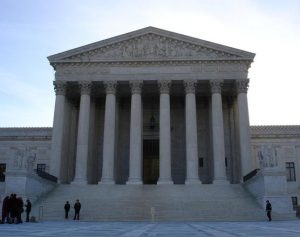
In Maine if a person is driving a motor vehicle and has a blood alcohol concentration (BAC level) of 0.8% or more, they are arrested and charged with a criminal offense known as OUI (operating under the influence). In other states, this type of driving offense is called driving under the influence, or DUI.
A lot of our law firm clients ask us if they are accused of a felony or misdemeanor crime. The answer depends on the circumstances of your criminal case. For example, if this is your first OUI and no one was injured, you likely will be charged with a misdemeanor.
On the other hand, understand that if you have prior OUI convictions in any state within a certain number of years, or your impairment caused injuries or even death, then felony charges will be brought against you. This is complicated legal work that an experienced DUI lawyer near me in Portland, Maine can handle more easily.
 Southern Maine Criminal Lawyer Blog
Southern Maine Criminal Lawyer Blog

 By: Attorney Vincent S. LoConte
By: Attorney Vincent S. LoConte Last month I spoke in Freeport at a seminar for lawyers on the topic of defending OUI cases in Maine. Part of the lecture I gave concerned a 2013 United States Supreme Court case called Missouri v. McNeely, 133 S.Ct. 1552. McNeely is a Fourth Amendment search warrant case dealing with nonconsensual blood testing in drunk-driving cases.
Last month I spoke in Freeport at a seminar for lawyers on the topic of defending OUI cases in Maine. Part of the lecture I gave concerned a 2013 United States Supreme Court case called Missouri v. McNeely, 133 S.Ct. 1552. McNeely is a Fourth Amendment search warrant case dealing with nonconsensual blood testing in drunk-driving cases. The 4th Amendment has been resuscitated!! Hopefully you recall back in September of 2010, I wrote about GPS tracking devices and a recent decision from the District of Columbia Circuit (“GPS Tracking Devices – A Warrant or Not A Warrant – That is Now the Question”). Well, on Monday we got our answer; kind of….
The 4th Amendment has been resuscitated!! Hopefully you recall back in September of 2010, I wrote about GPS tracking devices and a recent decision from the District of Columbia Circuit (“GPS Tracking Devices – A Warrant or Not A Warrant – That is Now the Question”). Well, on Monday we got our answer; kind of….